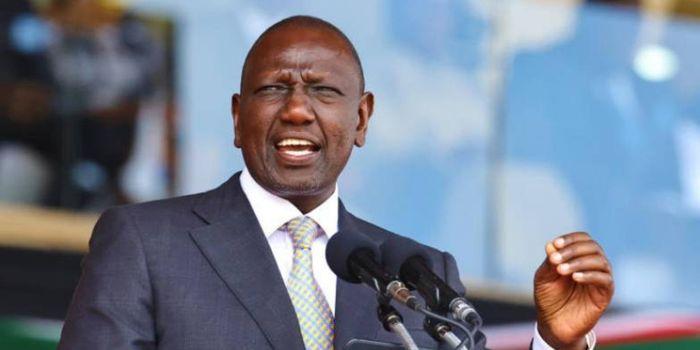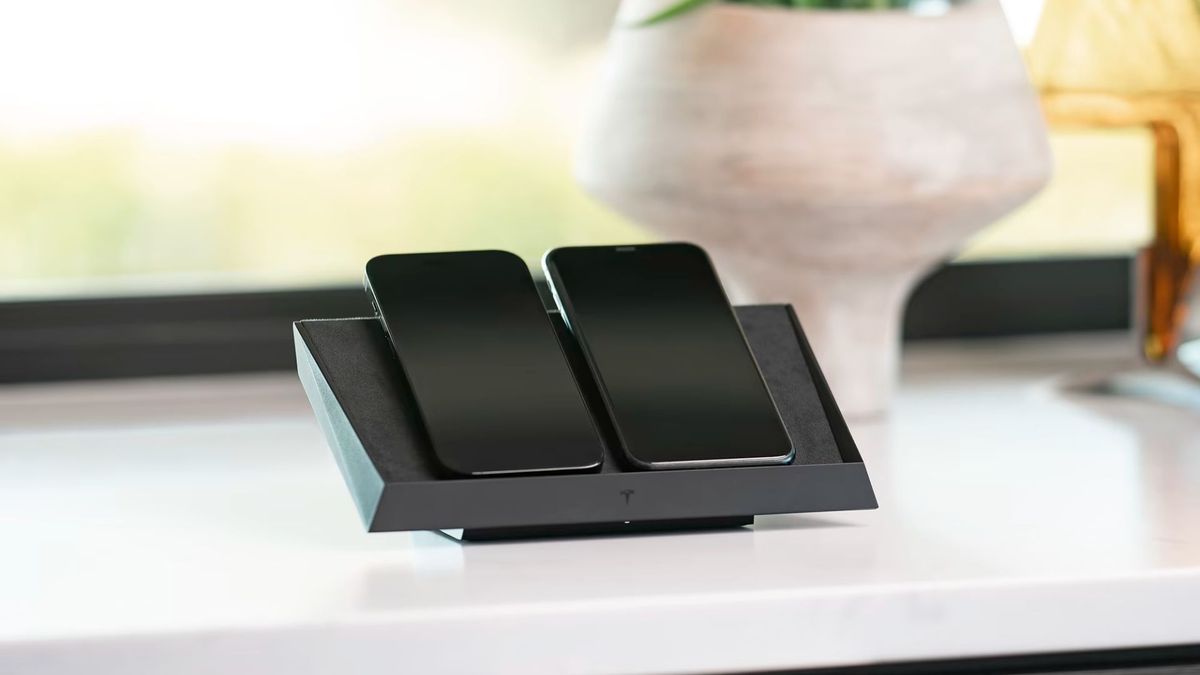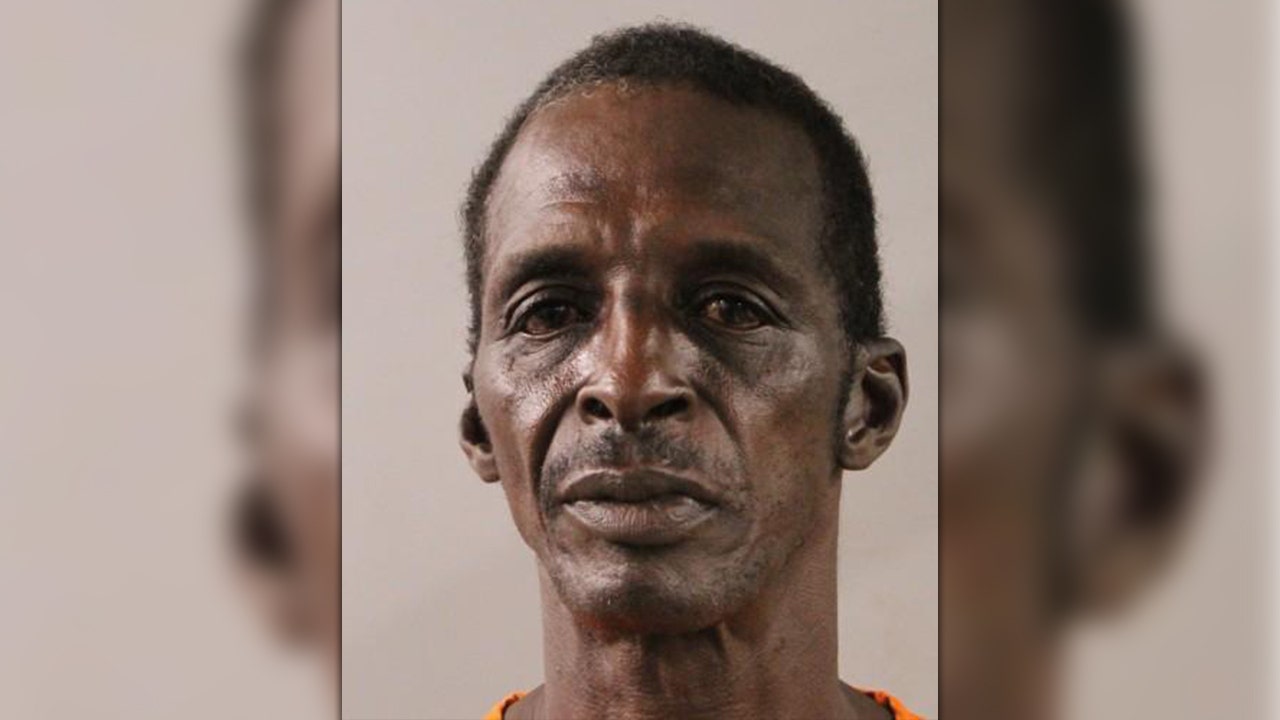President William Ruto marked his first 100 days in office on Wednesday, December 21, having been sworn into office at Kasarani stadium on September 13.
Prior to the elections, the Head of State outlined five major promises he would have loved to accomplish in his first 100 days.
Kenyans.co.ke analysed the Kenya Kwanza manifesto and outlined his achievements in regard to the 5 promises as below.

Former Chief Justice David Maraga (far right) poses for a photo with President William Ruto, DP Rigathi Gachagua, Chief Justice Martha Koome and Deputy CJ Philomena Mwilu during the swearing-in of six judges at State House Nairobi on Wednesday, September 14, 2022.
CJ Martha Koome
1. Appointment of Judges
In his manifesto, Ruto documented that he would ensure that he appointed judges to the Court of Appeal, following a stalemate that existed between the judiciary and his predecessor’s Uhuru Kenyatta administration.
Notably, he stated that he would make the appointments within his first seven days.
Hours after Ruto was sworn in, the Head of State appointed Korir Weldon Kipyegon, Muchelule Aggrey Otsyula, Odunga George Vincent, and Joel Mwaura Ngugi to the appellant court.
“To further demonstrate my commitment to the Judiciary, I have this afternoon appointed the six judges who were nominated to the court of appeal,” the president confirmed immediately after taking office as the head of state.
Makori Evans Kiago and Cheruiyot Omange Judith Elizabeth were appointed to the Environment and Land Court.
2. Remuneration Review of Police Officers
“Within the first 100 days, Kenya Kwanza will commission a review of remuneration and terms of service for all officers in the security sector to be commensurate with the cost of living,” Ruto promised in the Kenya Kwanza manifesto.
On Thursday, December 22, Ruto appointed former Chief Justice David Maraga to head a 23-member task force to review the terms of service of police officers and recommend various reforms.
3. Inquiry on Extra Judicial Killings
Among his maiden promises during the polls were investigations into extrajudicial killings that were allegedly state-sponsored.
At the time, he had accused the government of targetting his supporters. In his manifesto, he promised to constitute a team to investigate the cases within the first 30 days.
Consequently, on October 16 – 34 days in office – the then-acting Inspector General Noor Gabow disbanded the Special Service Unit (SSU).
Thereafter a number of members of the defunct unit were charged in Court over the disappearance of two Indians that their Kenyan driver. A full inquiry on other extra-judicial killings is yet to be established.

Directorate of Criminal Investigations headquarters along Kiambu Road
Kenyans.co.ke
4. Reforms in Health Sector
During the launch of the manifesto, Ruto acknowledged that there were many challenges in the health sector with a particular focus on resources. He promised to work with the county governments to achieve this
“In fact, county governments acknowledge that they do not have the resources to sponsor doctors for further education or money to pay both the doctor on study leave and the replacement.
“They also acknowledge that the county health services need specialists,” read the statement in part.
However, in his first 100 days, no clear directive was given in this regard even as the Kenya Medical Practitioners and Dentists Union (KMPDU) announced a countrywide strike from January 6, 2023.
5. Determining Court Judgements Issued Against the Govt
In his manifesto, Ruto promised that his administration would audit all court judgments that had been issued against the government, further promising to abide by the rulings.
“Determine within 60 days, all judgments and orders against the government, and make sure that the government abides by all court rulings,” read the manifesto in part.
Action taken: In his first 100 days, the President reiterated his commitment to respect the judiciary and the judgements issued against his administration.
Some of the decision that was undertaken in this respect was on the return of the lawyer Miguna Miguna.
Notably, Ruto’s engagements with the judiciary have been criticised by former Prime Minister Raila Odinga and his Azimio la Umoja lieutenants who claim that they were planning on undermining the independence of the judiciary.
“There is clearly a push by the Executive to own the Judiciary through illegal actions that amount to bribery. That is the reason for the rush to appoint six judges and to allocate money to the Judiciary,” Raila stated.

An image of Raila Odinga at a past media briefing.
The Standard




















Discussion about this post